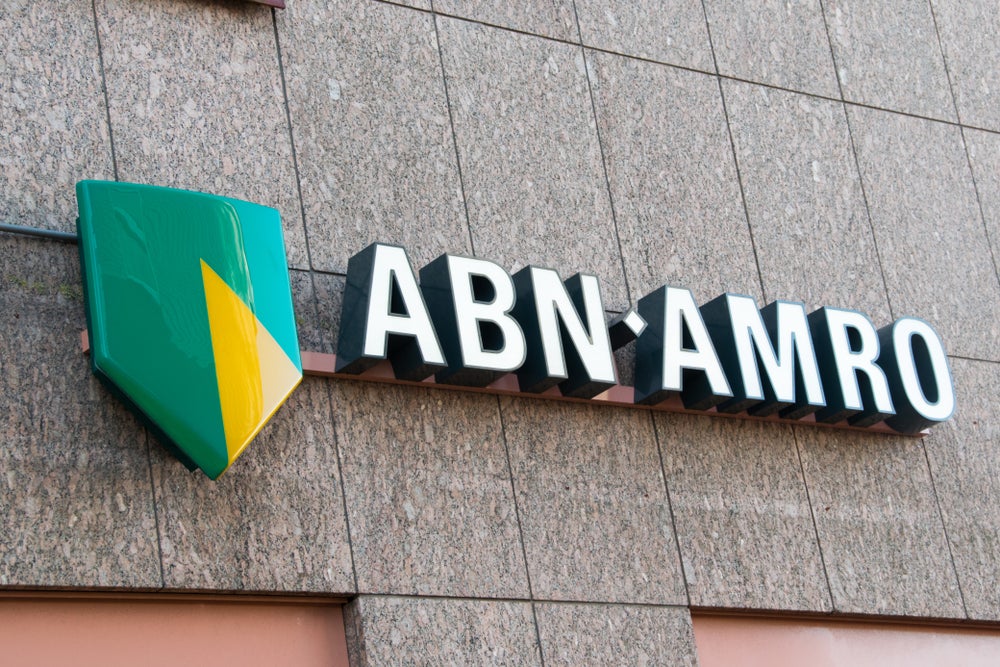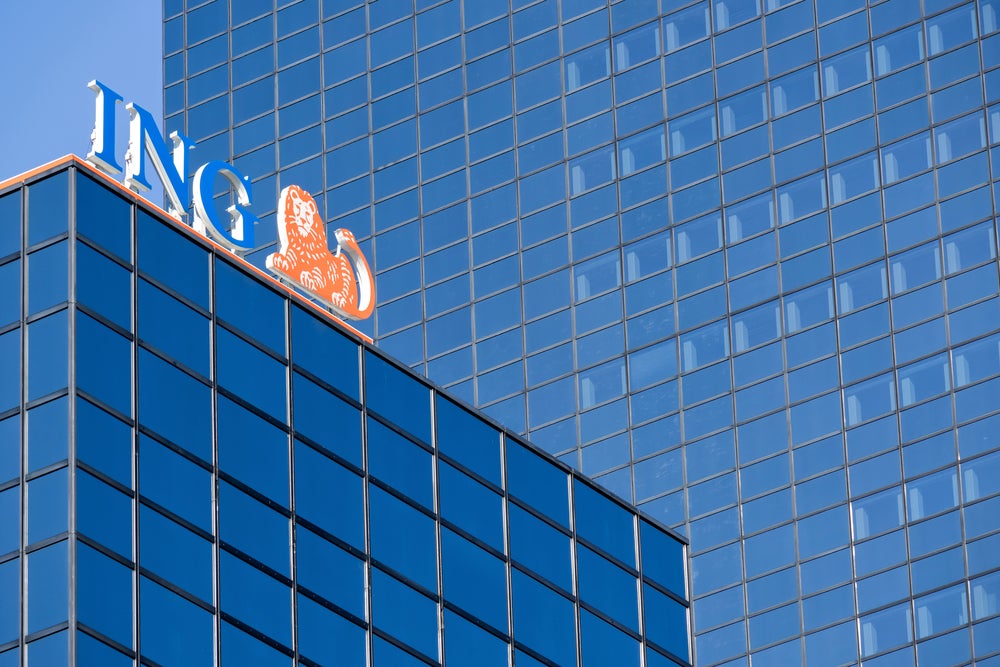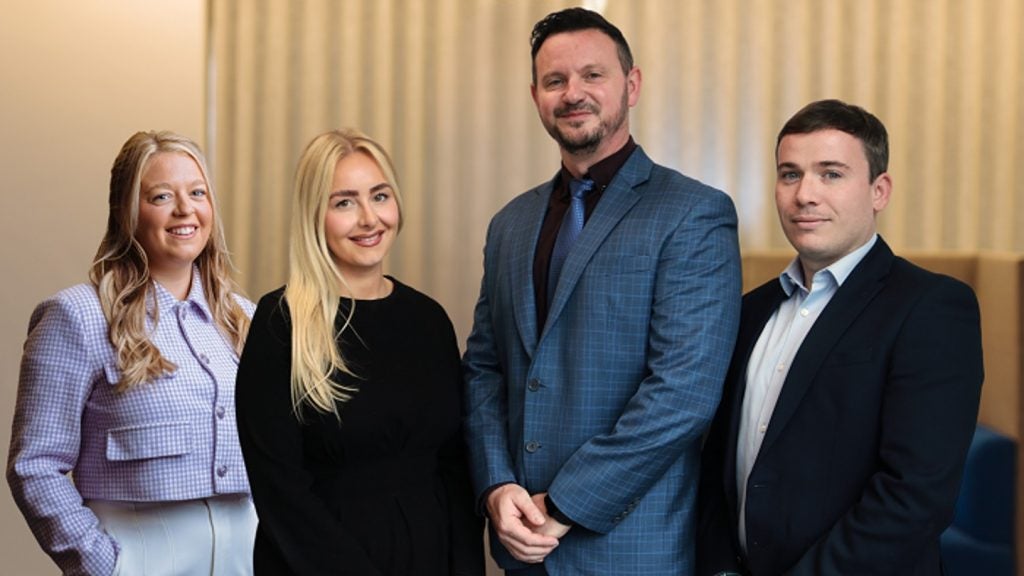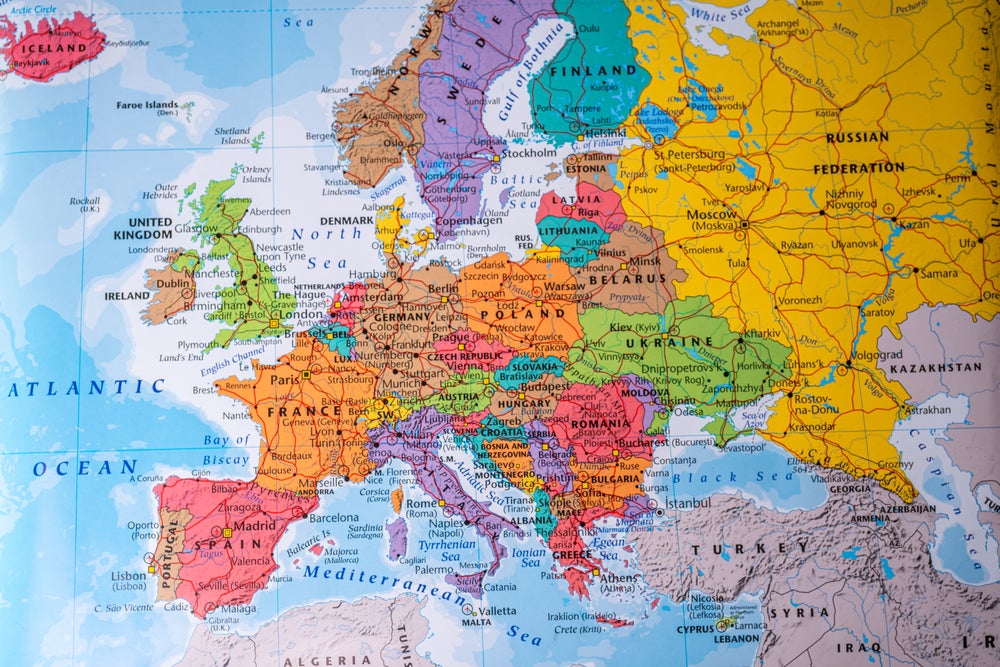
Dutch banks have denied they are funding deforestation, in the wake of a report that claims they are the European leaders in investing in commodities that are directly tied to environmental destruction, reports Che Golden.
Banks ING, Rabobank and ABN AMRO, (all with big European leasing arms), have provided credit worth €3.1bn over the past five years for commodities that often result in deforestation, such as soy, according to a recently released report by Friends of the Earth Netherlands and Dutch-based NGO Profundo.
The report, entitled Dutch Financing of Forest Risk Sectors, states that financial institutions from the Netherlands ranked ninth globally, but first among the EU member states. In the period 2016 to March 2021, Dutch financial institutions provided $3.7bn in loans and underwriting services to the selected forest-risk companies active in the selected countries.
More than half the loans and underwriting services provided to these companies were attributable to palm oil ($2bn). Soy accounted for 15 per cent of the identified Dutch forest risk financing ($537m) and cocoa 10 per cent ($357m). Most Dutch forest-risk loans and underwriting services were provided to companies active in Indonesia ($2.3bn, 63 per cent), followed by companies active in Brazil ($634m, 17 per cent).
In a statement to the press, Wouter Kolk, Friends of the Earth Netherlands says, “The approach of making financial flows more sustainable by means of voluntary commitments and policies is failing. While deforestation in Brazil has reached its highest level in 15 years, Dutch banks and pension funds continue to invest millions in the companies that profit from this devastation.” Friends of the Earth Netherlands wants the Dutch government to introduce rules for financial institutions, to ban climate damage such as deforestation from their portfolios.
Dutch banks
ABN Amro

But when speaking to Leasing Life, ABN says the bank is not involved in any illegal activity and all its investments have met strict ethical standards.
How well do you really know your competitors?
Access the most comprehensive Company Profiles on the market, powered by GlobalData. Save hours of research. Gain competitive edge.

Thank you!
Your download email will arrive shortly
Not ready to buy yet? Download a free sample
We are confident about the unique quality of our Company Profiles. However, we want you to make the most beneficial decision for your business, so we offer a free sample that you can download by submitting the below form
By GlobalData“We acknowledge the crucial role of forests for biodiversity, for preventing dangerous climate change and ensuring communities’ livelihoods,” says a spokesperson.
“Therefore we operate a sustainability risk policy framework and have formulated minimum requirements for clients in the agri-commodity sector. In the period mentioned in the report, ABN Amro has not invested in illegal deforestation. ABN Amro has a clear policy not to be involved in illegal logging.”
“When ABN Amro was still active as a financier in the palm oil sector, the bank has always had the requirement that palm oil companies must be members of the RSPO [Roundtable on Sustainable Palm Oil], established by the World Wildlife Fund, and therefore also have to comply with the RSPO’s No Deforestation, no Peat, no Harm policy. In mid-2020, ABN Amro announced it would focus on northwestern Europe. ABN Amro has also stopped offering financing to palm oil companies.”
Rabobank

Rabobank, the parent of DLL, declined to be interviewed, but did point to the fact that it joined the Partnership for Biodiversity Accounting Financials (PBAF) in March 2021. This commits the bank to pursuing a shared methodology for measuring and reporting the impact of its loans and investments on biodiversity, so it can calculate its biodiversity footprint.
ING

ING was more open about its involvement when contacted for comment. It agreed with the report – it does invest in cattle and soy. Like ABN Amro, it says it holds all its business dealings, and that of its clients, to a high environmental standard but admits that it is possible their clients have become involved in deforestation.
“We share concerns about rainforest deforestation and land conversion. These are serious risks that need to be taken into account when financing the global agricultural sector. We believe banks have a role to play in helping to protect ecosystems and global biodiversity,” says the bank in a response to Leasing Life.
“The agricultural sector is important for global food security and provides local economic development and employment. At the same time, the cultivation, harvesting and processing of agricultural commodities such as coffee, wheat and soy, but also cattle farming, requires a lot of land and involves risks with regard to climate, biodiversity and land rights. As a result, production chains of ING clients can be (indirectly) involved in deforestation.”
ING says it applies a social and environmental risk policy to assess its clients. For example, it does not finance the clearing of tropical rainforest and it ‘encourages’ the use of certification that shows that no deforestation has taken place for the product concerned. It claims it will end client relationships if they do not improve business operations to bring them in line with ING’s standards. It all refuses to get involved with commercial whaling, shark finning, Arctic offshore oil and gas exploration and production and new thermal coal-fired power plants. It denies funding any projects that contribute to the destruction of rainforests.
EU deforestation proposal falls short
In November last year after the COP26 climate talks in Glasgow the European Commission proposed new legislation to prevent the import of commodities linked to deforestation, such as coffee, palm oil, wood, soya and beef. The legislation would require companies to prove their global supply chains were not contributing to the destruction of forests.
However, environmental campaigners have criticised the proposals for not covering the financial sector. Global Witness, as part of a coalition of NGOs, urged the EC to include financial institutions in the legislation, citing its 2021 report Deforestation Dividends, which stated that lenders based in the EU have earned a reported €401m from deforestation since 2016, with deal-making dominated by the big banks from the Netherlands, France, Spain, Germany and Italy.
“There is no more striking example of climate injustice than [Western banks] raking in eye-watering sums while they bankroll the destruction of the land, homes and livelihoods of communities who have safeguarded their forests for generations,” said Shona Hawkes, senior global policy advisor on forests at Global Witness, commenting on the report.
DLL Ireland and EIB tackle obstacles to green investing with €80m partnership
Dutch courage: facing up to the pandemic







